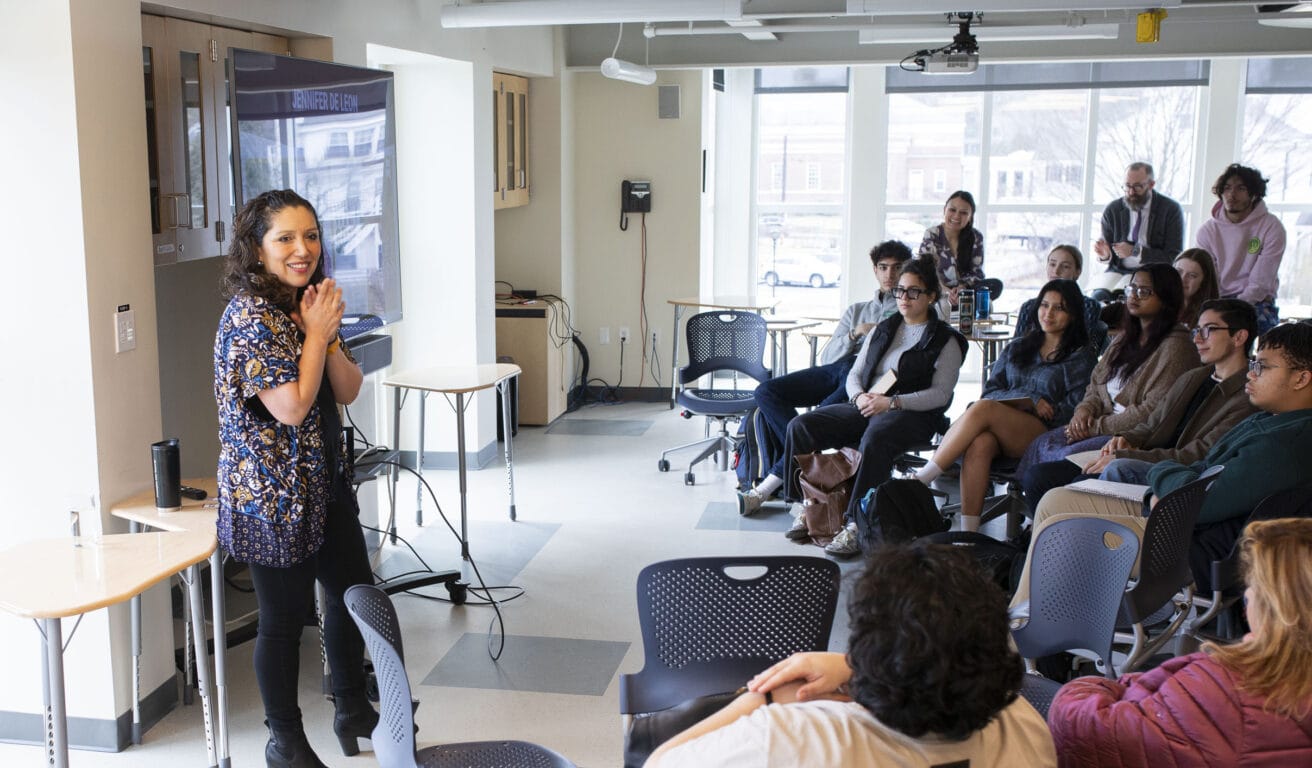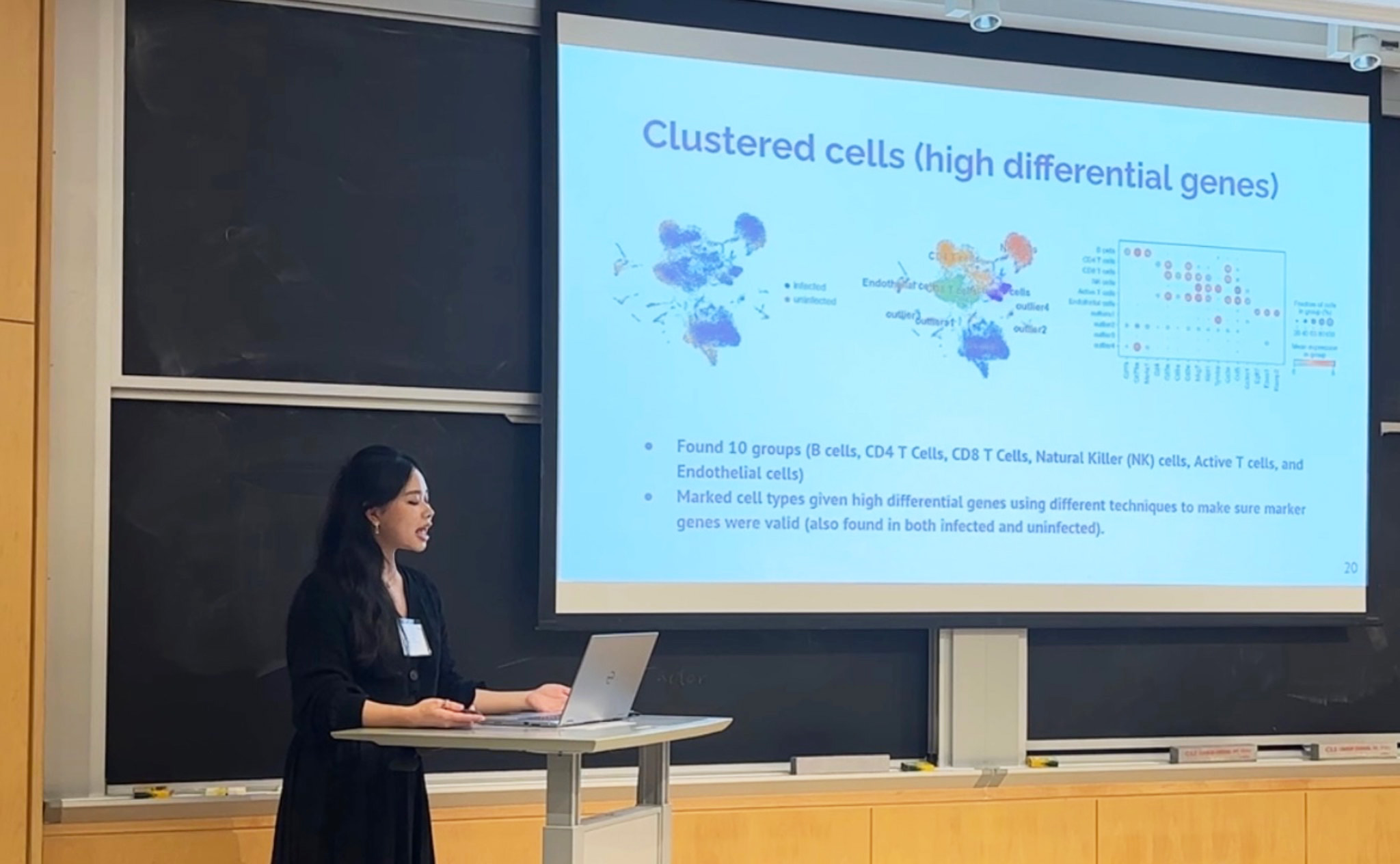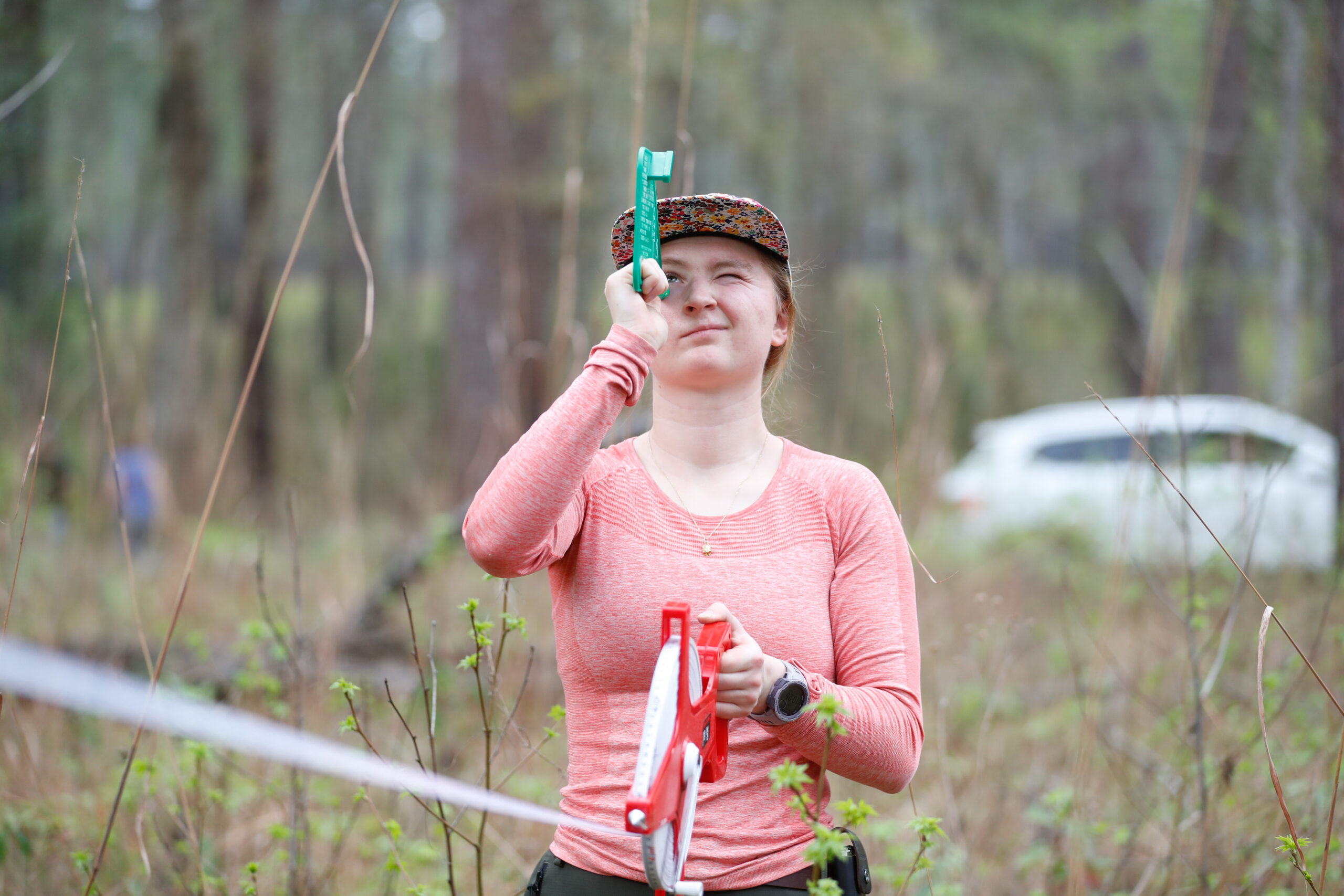Students Explore the Art of Storytelling with Author Jennifer De Leon

Students had been reading her book White Space: Essays on Culture, Race, and Writing and had the opportunity to engage in conversation about it. Reflecting on her experience writing it, De Leon said, “The ability to be vulnerable and brave takes time, but I realized the only way out is through.”
An author of four books, including the anthology Wise Latinas: Writers on Higher Education, De Leon shared her personal approach to her work. As the first in her family to attend college, she underscored the significance of her book in filling the void of guidance she felt during her own time in school.
A collection of personal essays, White Space takes its title from both the gaps DeLeon has navigated as a woman of color and the blank pages she has filled as a writer. Additionally, Simon & Schuster has published two young adult fiction novels by De Leon, Don’t Ask Me Where I’m From and Borderless, which draw on her heritage.
Ruiz-Selsky was inspired to incorporate De Leon’s work into the curriculum for her course Second Generation Stories after reading her books and seeing her speak at a local event. “I love her writing and the way she speaks about writing,” Ruiz-Selsky says. She was grateful for the opportunity to have De Leon visit her classroom and invited Hiebert’s Home and Identity students to join the conversation.
De Leon shared that while growing up in Massachusetts as a daughter of Guatemalan immigrants, she struggled with her cultural identity, faced bias at school, and began code-switching to fit in. It wasn’t until she took an American literature class in college, where she encountered Sandra Cisneros’ The House on Mango Street, that—at 19 years old—she first read a book by a Latina author. “I heard the characters pop off the page like they were my own tias and tios, aunts and uncles, talking in my ear,” De Leon told CA students. “It was in that moment that I knew I would become a writer.”
This pivotal experience committed her to addressing the lack of representation in literature. In college, De Leon majored in international relations, studying in over 12 countries, including Vietnam and France, and interning for the United Nations in Nigeria.
At CA, De Leon said she was disheartened to learn that only 23% of characters in children’s books and young adult novels are people of color, a statistic with demonstrated negative effects on youth self-esteem. Her goal as an author is to tell narratives that embrace her own cultural traditions and perspectives.
Responding to questions about her writing process, De Leon emphasized the importance of authenticity. She recounted an intense moment during a class when her teacher, author Junot Díaz, asked her, “Who are you writing for?” After hesitantly responding that she would like to write for everybody, she had an epiphany: “‘I am writing for my younger self.’”
In her essay “A Pink Dress” from White Space, De Leon recounts how her mother bought her a dress she had coveted as a surprise for her college graduation, a moment she says still gives her chills. Growing up in Guatemala, her mother had split one tuition with her sister, sharing a uniform and trading off classes, to attend school. For De Leon, the dress came to symbolize the tenacity and love of learning she and her mother share.
De Leon, who also teaches as a professor of creative writing, underscored the importance of passing on knowledge, citing her favorite African proverb, “Each one teach one.”
“You don’t just hold onto the knowledge you’ve gathered,” she said. “You pass it on. I really feel like that’s my role—100%. Whether it’s through books, speaking, or connecting with students one on one.”
In closing, she advised CA students to let their devotion to their work be their driving force, even during challenging times. Reflecting on early rejections she faced as an author, she expressed gratitude. “When you have this passion it’s like a boulder,” she said, “and everything else has to move around it because it’s so ever-present.”


